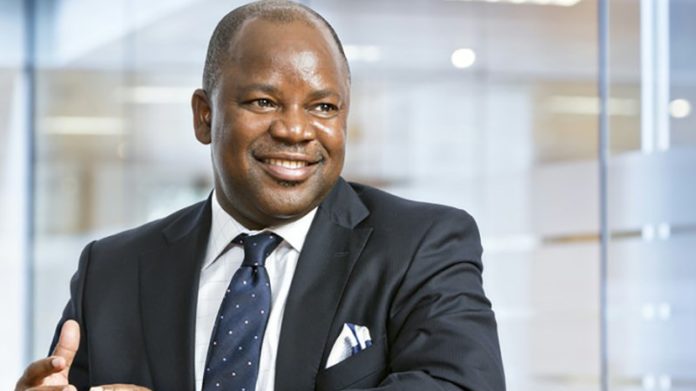
THERMAL coal producer Thungela Resources’ debut on the Johannesburg Stock Exchange this month was disappointing. To an extent, this was inevitable given that a portion of its UK register are – or were – tracker funds. These are Anglo American shareholders that were handed Thungela shares as a function of Anglo’s coal asset demerger. Since they normally aren’t mandated to hold coal shares the only outcome was liquidation.
At a debut valuation of $250m, the share traded well below the $440m to $950m imputed to it by Liberum Capital, a UK bank. The share has since recovered, up more than 30% in London. Time will tell on a fairer valuation.
That may only be towards the year-end. Investors in Thungela have been promised a handsome dividend yield. Should it fail to deliver, the share may face greater sanction than any carbon discount attached to it.
On the latter point, July Ndlovu, Thungela CEO, acknowledges the company is grist for the green activist mill. As an Anglo American business unit, the South African coal assets’ carbon footprint was tucked away within the broader group account. But as an independent, listed company, performance on issues of environmental management will be for all to see, including the swathe of committed, non-governmental organisations (NGOs).
“I can’t be apologetic,” says Ndlovu of the NGO threat. “I absolutely want to be a responsible operator, and we will be.” Far from feeling it has a target on its back, Thungela’s view is that it’s a positive to be under the microscope. “I’m not a climate denialist. On the contrary, I am as concerned about it as everybody else,” he says.
The counter-argument to selling or closing the mines is that they provide employment in districts where poverty is rife. South Africa has “… seen the worst of what poverty can do” during Covid-19 pandemic, says Ndlovu. “It was the poorest of the poor who were absolutely devastated by this.
“These are all the issues we have to take into account if we want this to be a truly moral question,” he says.
The outbreak of community violence, especially at mining sites in places such as the Northern Cape and Mpumalanga provinces, is a function of desperation, says Ndlovu. “I think the people who say just close the mines … you need to go into those communities and see what people are prepared to do just to eke a living. Then you realise the responsibility we have got is enormous.”
Environmentalists and investors will be keeping a close eye on how Thungela responds to Scope 1, 2 and 3 standards. Ndlovu acknowledges that company hasn’t yet landed on the matter. “I wouldn’t want to be making commitments on Scope 3 at this stage,” he says. “I’ll take the next two to three years to actually define what we are talking about as a coal producing company.”
That sounds like a dodge but it’s worth acknowledging just how contentious Scope 3 emissions can be for coal companies given their lack of influence over identifying the end-user (which Scope 3 attempts to measure).
That’s because ownership of coal can change hands several times during its freight given the highly liquid nature of the seaborne coal market.
In the meantime, Ndlovu has some breathing space. For the first three years, Thungela’s Scope 3 is for Anglo American’s account given that the UK group retains marketing rights to Thungela’s coal.
Ndlovu thinks it’s a cop-out that some coal producers avoid Scope 3 scrutiny by simply closing mines. “Is that recognition of the complexity of the value chain? That’s why I keep saying Scope 1 and Scope 2 are absolutely controllable. But Scope 3 is something that we need to understand.”











